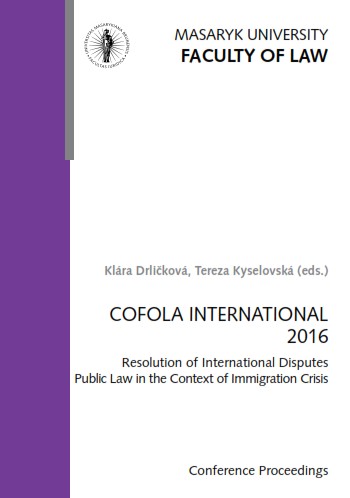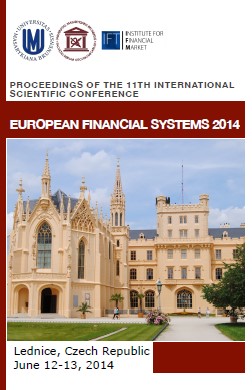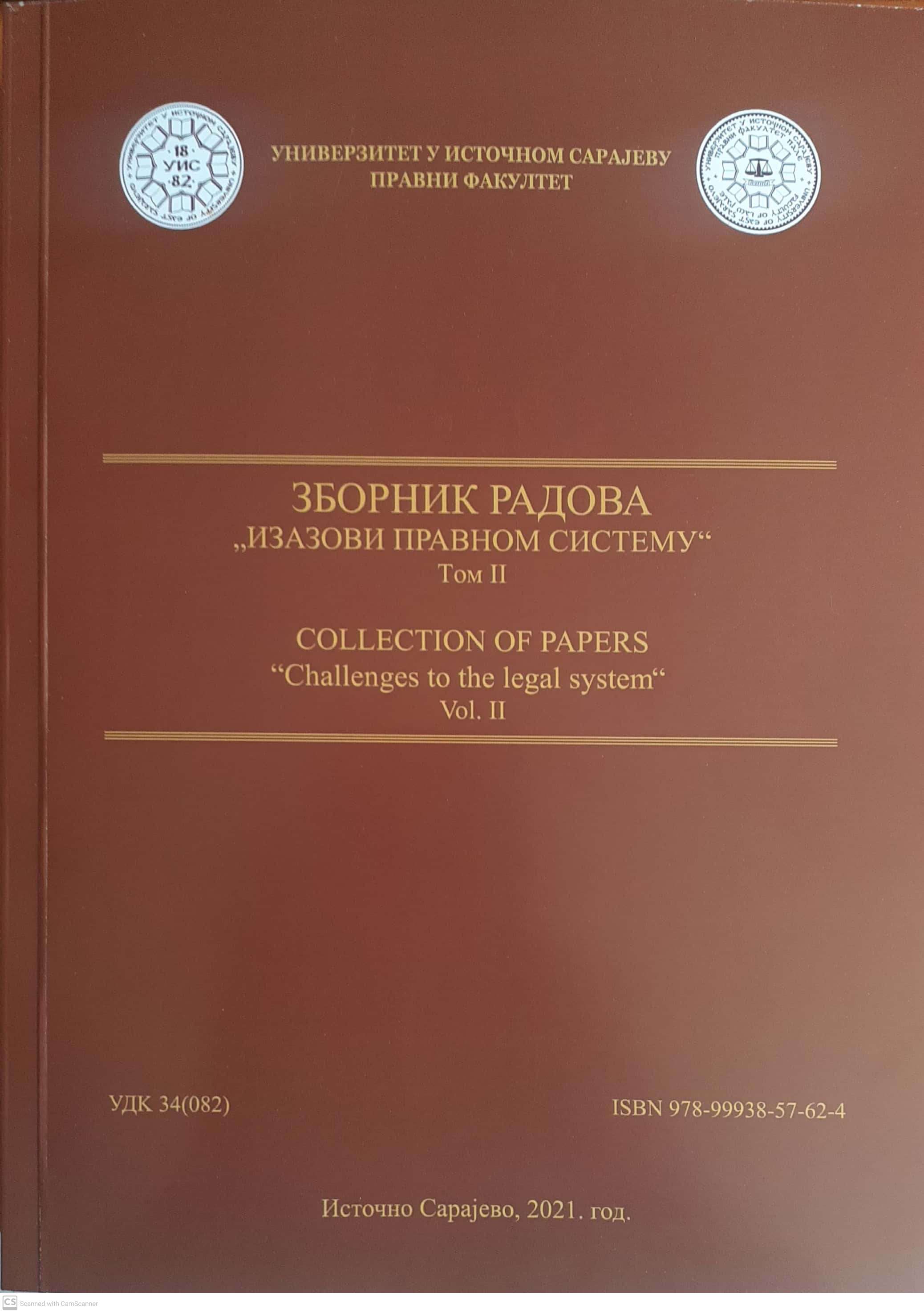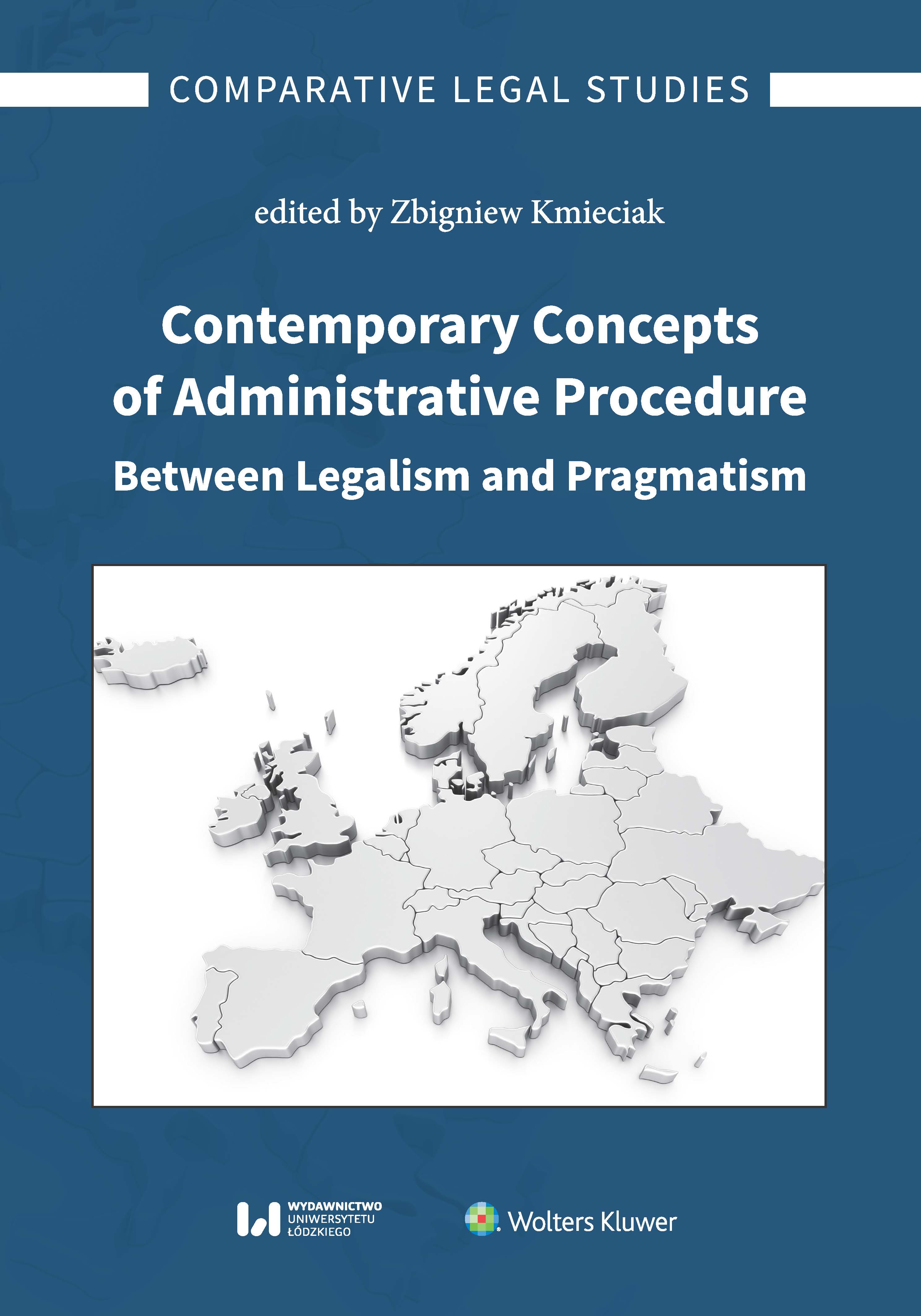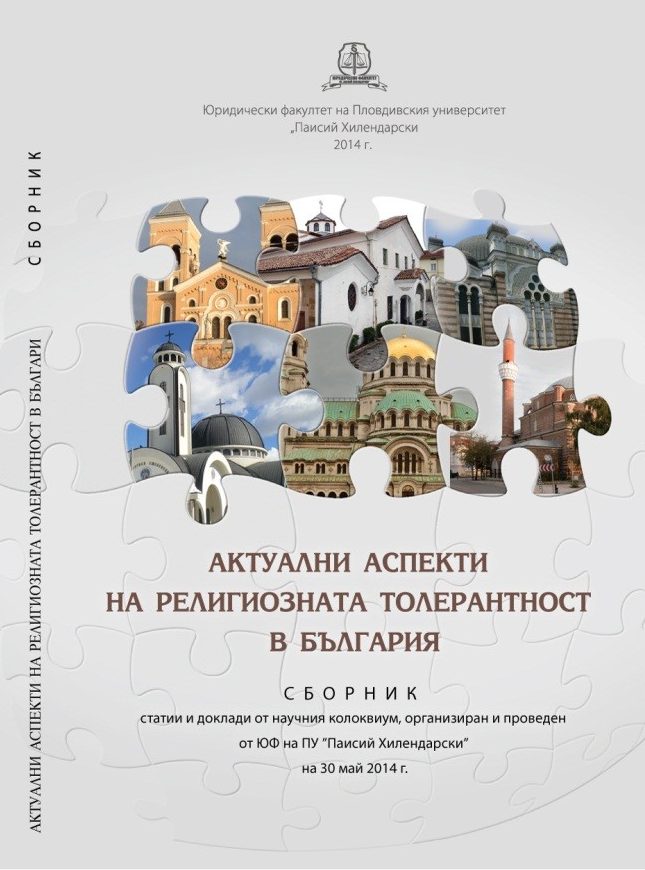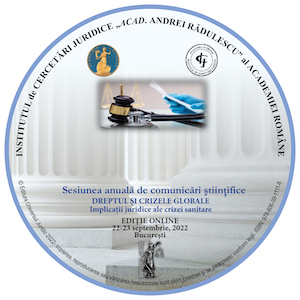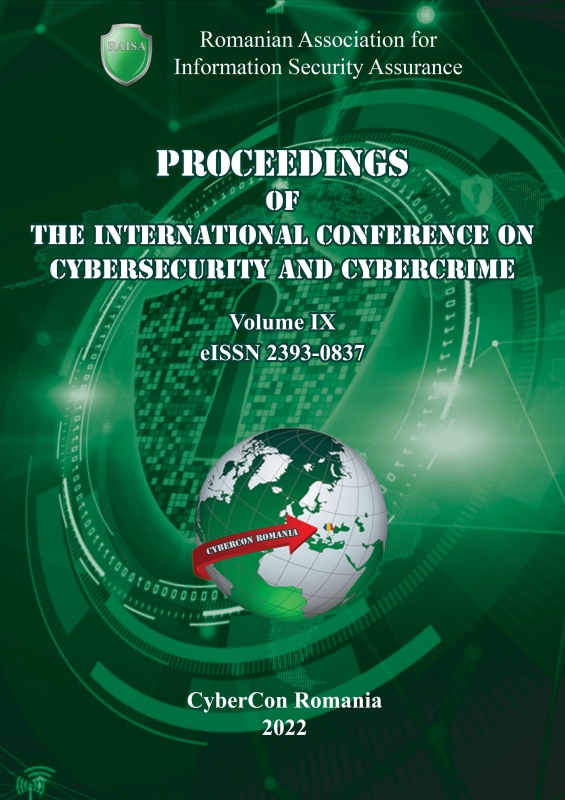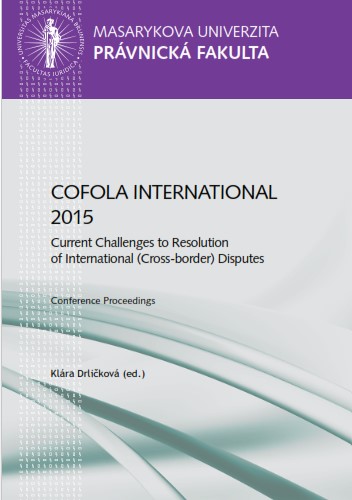
Effects of the Opening of Insolvency Proceedings under the EU Regulation No. 1346/2000 on Pending Arbitration Proceedings
This paper deals with effects of the opening of insolvency proceedings under the Council Regulation (EC) No 1346/2000 of 29 May 2000 on insolvency proceedings (“Insolvency Regulation”), on pending arbitration concerning asset forming part of the insolvent estate.The present article offers determination of collective character of insolvency proceedings compared to the private character of arbitration brought by an individual creditor and emphasizes the necessity to regulate their mutual interaction. The author analyzes relevant provisions of the Insolvency Regulation and its revised version in order to verify whether its framework establishes rules for determination of the law applicable to effects of the insolvency proceedings on pending arbitration.
More...
